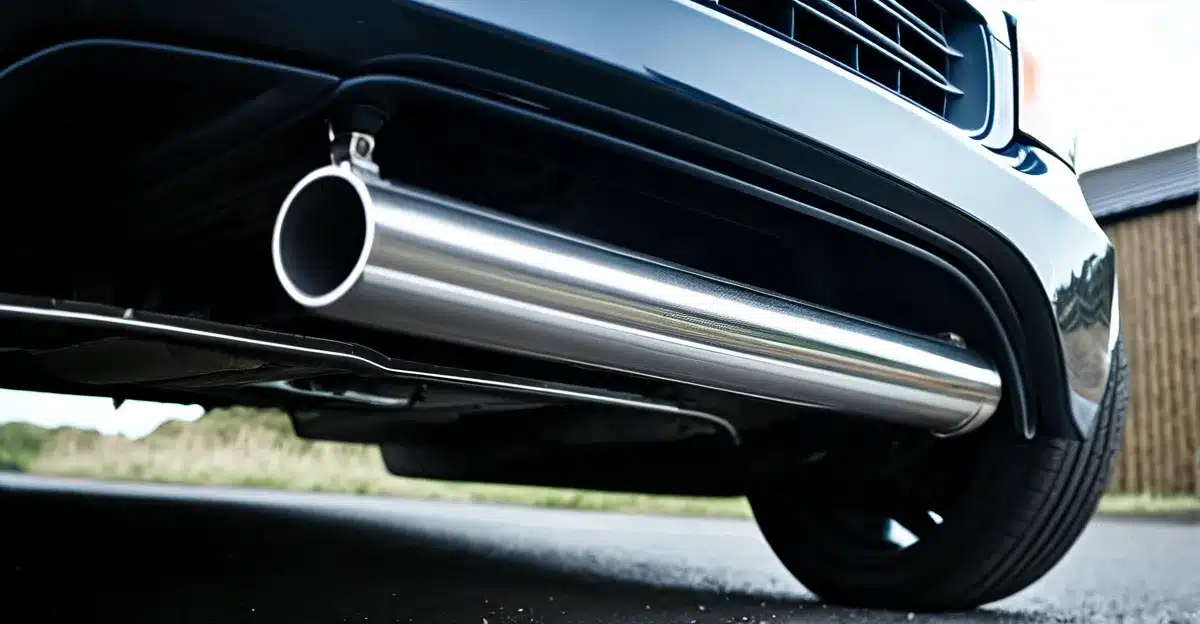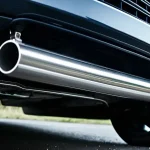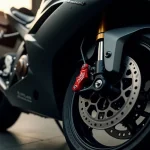Understanding UK Car Exhaust Noise Regulations
UK exhaust laws are primarily governed by the Road Vehicles (Construction and Use) Regulations and MOT standards, which set clear boundaries on permissible car exhaust noise. These regulations establish vehicle noise limits that ensure road safety and reduce noise pollution. To determine compliance, noise is measured at specific distances and engine speeds outlined in official testing procedures.
Authorities assess noise levels using calibrated equipment, ensuring that exhaust sound remains within the legal thresholds. These vehicle noise limits vary depending on the car’s age and type but generally aim to restrict excessive or modified exhausts that exceed factory settings.
Have you seen this : Maximizing efficiency with urban regenerative braking in the uk: the definitive guide
When considering car modification legalities, it is crucial to understand that any alteration raising noise beyond permitted levels can result in fines or failed MOT tests. Enforcement hinges on objective measurement backed by legislation. Knowing these standards helps drivers maintain compliance while enjoying legal modifications. This balance supports a quieter environment without compromising the joy of vehicle personalization.
Legal Requirements for Exhaust Customization
Understanding exhaust compliance is essential when modifying your vehicle’s exhaust system. In the UK, legal car parts for exhausts must meet strict vehicle standards to ensure safety and minimize noise and emissions. Only approved materials and components are allowed; this prevents the use of substandard parts that could endanger drivers or cause environmental harm.
This might interest you : Proven strategies to protect your car’s undercarriage from damaging uk winter road salt
Certification and type approval play a vital role. Every legal exhaust system requires proper documentation, such as a certificate confirming it meets the regulatory criteria. This is crucial if you want to avoid fines or complications during vehicle inspections.
Professional installation is recommended to maintain compliance. Expert installers follow regulations carefully and provide evidence of conformity after completing the work. Keeping this documentation in your records protects you if authorities question your exhaust system later. Failing to adhere to these rules can lead to penalties or having to reverse unauthorized modifications.
Practical Tips for Modifying Exhausts Within UK Law
Exploring legal exhaust modification advice ensures your vehicle remains street-legal and avoids costly fines. When selecting aftermarket exhaust parts, prioritize those explicitly designed for UK regulations. Look for systems that meet UK tuner compliance standards, particularly those retaining catalytic converters and adhering to noise limits.
Noise testing is crucial. While informal home checks provide a quick gauge, they cannot replace official MOT noise assessments. The MOT test uses calibrated equipment to measure decibel levels accurately, ensuring your exhaust does not exceed legal noise limits. Regularly conducting both home and official checks helps maintain compliance and avoids surprises during inspections.
Common illegal modifications include removing catalytic converters or fitting excessively loud mufflers. Such changes often push noise beyond allowable decibel thresholds, triggering MOT failures and potential legal action. Staying informed on street-legal aftermarket options and understanding testing methods empowers enthusiasts to modify responsibly, blending performance with legality.
Penalties and Consequences of Non-Compliance
In the UK, exhaust noise penalties for vehicles with illegal modifications can be severe. Drivers caught using an illegal exhaust risk fines that may escalate depending on the offence’s seriousness. These fines for illegal modification are often accompanied by penalty points on the driver’s licence, impacting insurance rates.
Enforcement actions extend beyond fines. Vehicles with unlawful exhaust systems can face vehicle seizure by authorities, immobilising the car until rectification occurs. Warning notices and rectification orders require owners to fix or replace the offending exhaust within a specified timeframe. Failure to comply risks further legal consequences.
Non-compliance can also lead to MOT failures, making the vehicle unroadworthy until repairs are made, which affects its resale value negatively. Additionally, insurance providers may refuse claims or increase premiums for vehicles with illegal exhausts, compounding the financial impact.
Understanding these penalties helps emphasize the importance of abiding by regulations and choosing compliant exhaust systems.
Steps to Certify and Test Your Custom Exhaust
For a smooth exhaust certification process, begin by locating authorized garages or testing centers familiar with custom setups. These specialized facilities provide essential services, including the required documentation and test reports proving your exhaust meets legal standards. Engaging with such experts ensures your vehicle is ready for vehicle inspection UK checkpoints.
Preparation is key before any MOT noise testing or police roadside inspections. Verify your custom exhaust complies with noise and emission limits by professionally testing it in advance. This proactive measure reduces the risk of failing due to unexpected noise levels or improper modifications.
During inspections, having certification documents readily available confirms compliance and speeds up verification. Remember, vehicle inspection UK standards often include stringent noise tests, making the certification process vital to avoid penalties or forced removal of the custom exhaust. Trustworthy garages not only certify but also advise on maintaining proper exhaust function and legality throughout your vehicle’s lifespan.
Recommended Compliant Parts and Example Systems
When choosing the best legal exhaust systems for UK vehicles, prioritizing compliance with local regulations is crucial. Look for UK compliant performance parts that carry certification such as the UK’s Road Vehicle Certification Agency (RVAC) approvals or adherence to the Noise Emission Regulations. Recognised brands like Milltek Sport, Scorpion Exhausts, and Supersprint consistently provide systems engineered to meet these standards while enhancing performance.
Key features to seek include full Type Approval documentation, sound levels within prescribed decibel limits, and the use of durable materials like stainless steel to ensure longevity. Systems offering modular setups can also help enthusiasts balance performance gains and legal constraints efficiently.
For sourcing, reputable online retailers and specialist tuning workshops often stock certified parts, streamlining the purchase process for enthusiasts. Forums and manufacturer websites provide extensive resources and reliability reports. Always verify compliance through provided documentation to prevent legal issues and ensure your vehicle remains within UK roadworthy requirements. This approach helps you enjoy performance upgrades without compromising legal standing.




